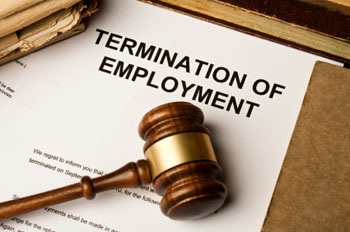About Kevin Sambrano, Sambrano Legal Services

The double “financial” jeopardy of HRTO damages against the employer
An employer named in a Human Rights Tribunal of Ontario Application, if decided against, may be responsible for both wage loss and most likely general damages.
Kevin Sambrano, Sambrano Legal Services

Vexatious litigants and abuse of process at Tribunal
The Human Rights Tribunal of Ontario has the authority to govern its own proceedings. Within this authority is the power to declare any applicant a vexatious litigant and to identity any abuse of process, either of which may result in the dismissal of an Application. The recent interim decision addresses both of these issues.
Kevin Sambrano, Sambrano Legal Services

Constructive discrimination: The case of Tawney Meiorin
Constructive or adverse discrimination in employment occurs when rules or standards are established that do not discriminate at first glance, but have an adverse effect on persons whose rights are protected under human rights legislation. In such a case, the burden shifts to the employer to establish that such rules or standards are essential to the job, also known as bona fide occupational requirements (BFOR’s. British Columbia (Public Service Employee Relations Commission) v. BCGSEU is the leading case which addresses this issue. This seminal human rights case from the Supreme Court of Canada established a three-part test which has become the standard to evaluate constructive discrimination.
Kevin Sambrano, Sambrano Legal Services